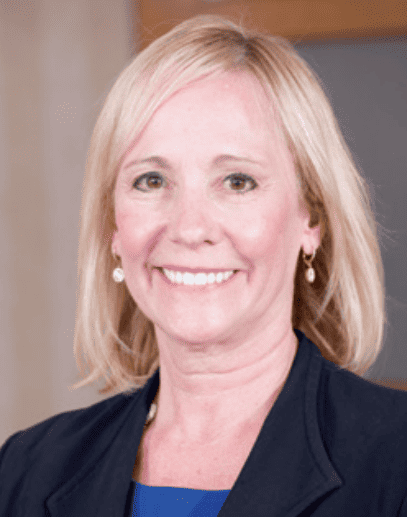Rose Nierman offers her insights into prior authorization for dental sleep medicine and the promising measures that are being initiated to streamline the process.
 by Rose Nierman, CEO, Nierman Practice Management
by Rose Nierman, CEO, Nierman Practice Management
Prior authorization has long been a thorn in the side of physicians, dental sleep medicine (DSM) providers, and patients. This process often results in unnecessary delays in essential care. Recently, CMS (Centers for Medicare & Medicaid Services), the AMA (American Medical Association), and Congress have taken steps to compel insurers to streamline preauthorization requirements.
To keep abreast of reform efforts with prior authorization, visit the website FixPriorAuth.org.
Challenges with Prior Authorization
According to the AMA, 80% of the physicians surveyed indicated that patients abandon treatment due to authorization struggles with health insurers. A survey of 1,000 providers revealed that one-third reported that prior authorization had led to serious adverse events for their patients and delays caused permanent bodily damage in up to 9% of cases.
Medical Insurance Preauthorization Reforms
A promising outlook emerges as insurers initiated significant measures to ease the existing burden. Notably, UnitedHealthcare has eliminated the prior authorization necessity for almost 20% of their prior authorization volume, while Cigna has made strides by removing 25% of their requirements. Additionally, Aetna and other insurers are pursuing reforms in this area. Despite many insurers still mandating preauthorization for sleep apnea-related services, Nierman Practice Management remains committed to closely monitoring these developments throughout 2024.
Tools to Expedite Claims
- If an insurer states no preauthorization is needed for an oral appliance, it is prudent to inquire whether this policy applies if the fee exceeds $1,000. Preauthorization requirements may vary based on the dollar amount.
- Visit an insurers website for lists of codes that require preauthorization.
- Inquire about the insurer’s commitment to integrate national standards for the electronic exchange of clinical documents.
- Check your state laws regarding newer preauthorization mandates. I’ve seen state mandates such as “the prior authorization is considered granted if the insurer fails to act within 7 calendar days of the original submission”. Remember this mandate applies once you have your ducks in a row with your necessary documentation ready to go! SOAP reports showing the subjective, objective, assessment and plan, the sleep study, a physician Rx and other documents substantially streamline reimbursement.
- To keep abreast of reform efforts with prior authorization, visit the website FixPriorAuth.org.
As we witness these changes unfold, it becomes clear that they hold the potential to help lighten the load for DSM providers, minimize care delays, and most importantly, enhance the overall well-being of patients. At Nierman Practice Mangement, we remain dedicated to championing these advancements. Join us in our mission to embrace a future where DSM reimbursement processes are more efficient and patient-centric than ever before.
Prior authorization for dental sleep medicine is just one area of expertise for Rose Nierman. Read her story of working to untangle the complications of insurance reimbursement over three decades here: https://dentalsleeppractice.com/leading-the-cross-coding-movement-for-over-three-decades/

 Rose Nierman is the CEO of Nierman Practice Management (NPM) and medical billing services for dentists and creator of the DentalWriter Plus+ software. For over 30 years, Rose has taught dental practices successful and ethical medical billing through the iconic Successful Medical Insurance in Dentistry seminars. Contact NPM at 1-800-879-6468 or at Coding@dentalwriter.com.
Rose Nierman is the CEO of Nierman Practice Management (NPM) and medical billing services for dentists and creator of the DentalWriter Plus+ software. For over 30 years, Rose has taught dental practices successful and ethical medical billing through the iconic Successful Medical Insurance in Dentistry seminars. Contact NPM at 1-800-879-6468 or at Coding@dentalwriter.com.